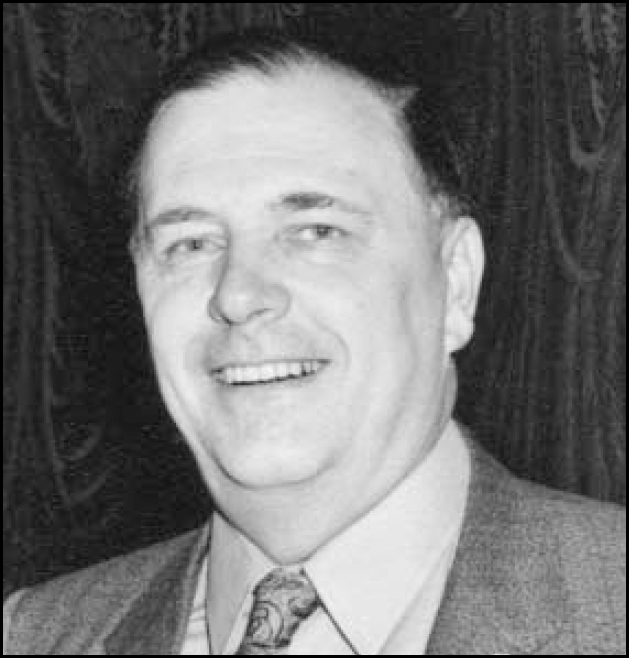Formerly Consultant Psychiatrist, Memorial Hospital, Darlington
Eric Burkitt qualified MRCS, LRCP, in 1942. He was trained at St Bartholomew's Hospital (Barts), London, but his training was interrupted by pulmonary tuberculosis. He also survived near misses from flying bombs on three occasions: as a patient, a student and a junior doctor. He had always been interested in psychiatry, and as a student was intrigued to discover, in 1940, the room where Eric Strauss, who became professor of Psychiatry at Barts, claimed to have given the first out-patient electroconvulsive therapy. After the war he entered training in psychiatry at Barts and the Belmont Hospital, Surrey, where he was Senior Registrar. He gained the DPM in 1969, was elected MRCPsych in 1971 and FRCPsych in 1975.

In 1954, he moved as Senior House Medical Officer to Hellesdon Psychiatric Hospital, Norwich, and in 1959 was appointed a consultant at Winterton Hospital (then a large county asylum near Sedgefield). Eric was an enthusiastic supporter of what became known as the deinstitutionalisation movement and played a large part in reducing patient numbers at Winterton Hospital over the ensuing years, from 3000 to less than 1200.
In 1968, a psychiatric unit was opened at Darlington Memorial Hospital - one of the first psychiatric units to be built within a general hospital. The idea was sufficiently new that the building was opened by the then Minister of Health, Kenneth Robinson. Eric was appointed Senior Consultant Psychiatrist at the Memorial, where he worked until he retired in 1977. Having entered psychiatry at the dawn of the National Health Service, Eric was entirely committed to its principles and during his professional career he never undertook private work.
Eric was a person with many interests, in particular oil painting, poetry, history and archeology. In 1979, he graduated BA in mathematics from the Open University. Eric was born in 1916 and died from heart failure on 11 November 2007. Predeceased by his beloved wife, Beryl, in 1998 he leaves three children and four grandchildren.



eLetters
No eLetters have been published for this article.